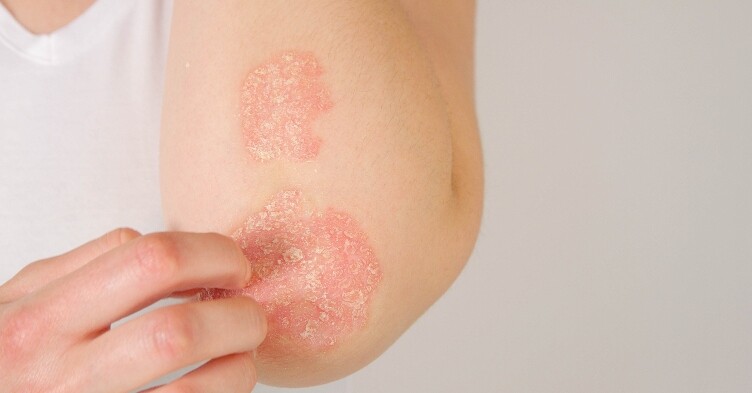Herbal skin remedies

My clinical practice involves caring for children with eczema. For many parents there is a desire to find a cause or cure for the condition and also find treatments that don’t contain topical corticosteroids (TCS), which are still the mainstay of treatment for many inflammatory skin conditions. The fear of using them is a reality and as healthcare professionals one we have to be aware of. It is important to listen to the parents concerns; monitor their use, the potency of product and how much is being used. We know that this fear of usingsteroids (steroid phobia) is a very common cause for patients to under-treat their eczema and a reason they source other treatment options. These options include herbal creams that are perceived to be natural and safe.
The conversations I have in my eczema clinic often focus around the use of herbal remedies. Recently I had a mother who was reluctant to use the plan I was advising and wanted to cure her sons eczema and use natural products on his skin. She was using a herbal cream from someone she had heard about in the north of the UK and it had been amazing; his skin was clear. She also told me the practitioner who provided the product reassured her that it contained no steroids.
Related Article: Call for regulatory guidelines as NHS adopts AI in dermatology care
It my responsibility to provide the evidence for the use of the treatments I prescribe and also the other avenues many parents explore. Alarm bells ring if the product being used is a miracle cream and the eczema has gone. I explain to parents that we know that many of these products have been shown to contain potent or very potent steroids and are not regulated.They may also contain allergens and irritants and may be contaminated with pathogenic bacteria.1 Over the years I have seen parents buy these products in a variety of shops, markets, from overseas and via the internet.
Ramsay et al2 examined 24 herbal creams used by 19 patients with a median age 3.82 (0.69-7.98) years. The creams had been used with good effect for atopic eczema, and the majority of the creams analysed illegally contained potent or very potent topical corticosteroids.
More recently in my local market and Birmingham a product called “Etin Skin Solution” was found to contain Betamethasone and an alert was put out.3 So as part of your assessment ask what products are being used, not only those prescribed, but those bought over the ‘counter’; I use the term counter very loosely!
Remember if you are concerned The MHRA (Medicines & Healthcare products Regulatory Agency) will follow up any reports and they can be reported via: gov.uk/report-problem-medicine-medical-device.
Related Article: Abdominal body fat is a higher risk for developing psoriasis
The challenge for us as healthcare professionals is obtaining the information to make the report. Many parents and patients are reluctant to share the information when they have found something that works, is costly and we warn them about the risks. This was the case with the mother I have previously mentioned; she said she would email me and to this date has not done so. I have tried to investigate through my professional networks, but with the limited information I have, I cannot report this product. Frustration is an understatement.
References
1. Carr J, Akram M, Sultan A, et al. Contamination of emollient creams and ointments with Staphylococcus aureus in children with atopic dermatitis. Dermatitis 2008;19:282.
Related Article: CPD: Case by case – acute and emergency dermatology presentations
2. Ramsay HM, Goddard S, Gill S, Moss C. Herbal creams used for atopic eczema in Birmingham, UK illegally contain potent corticosteroids. Archives of Disease in Childhood 2003;88(12):1056-1057.
3. British Association of Dermatologists. bad.org.uk/media/news (accessed 29 April 2016).

See how our symptom tool can help you make better sense of patient presentations
Click here to search a symptom


My clinical practice involves caring for children with eczema. For many parents there is a desire to find a cause or cure for the condition and also find treatments that don’t contain topical corticosteroids, which are still the mainstay of treatment for many inflammatory skin conditions



